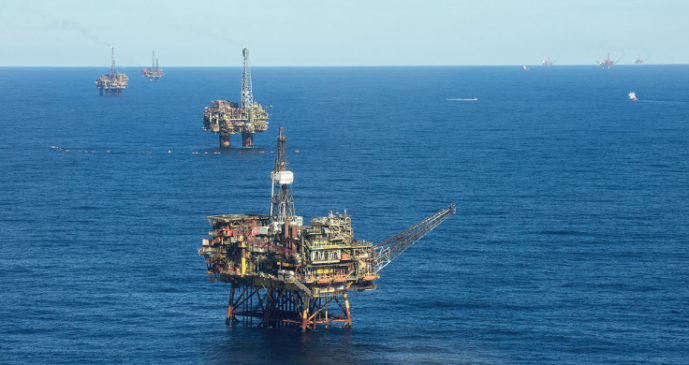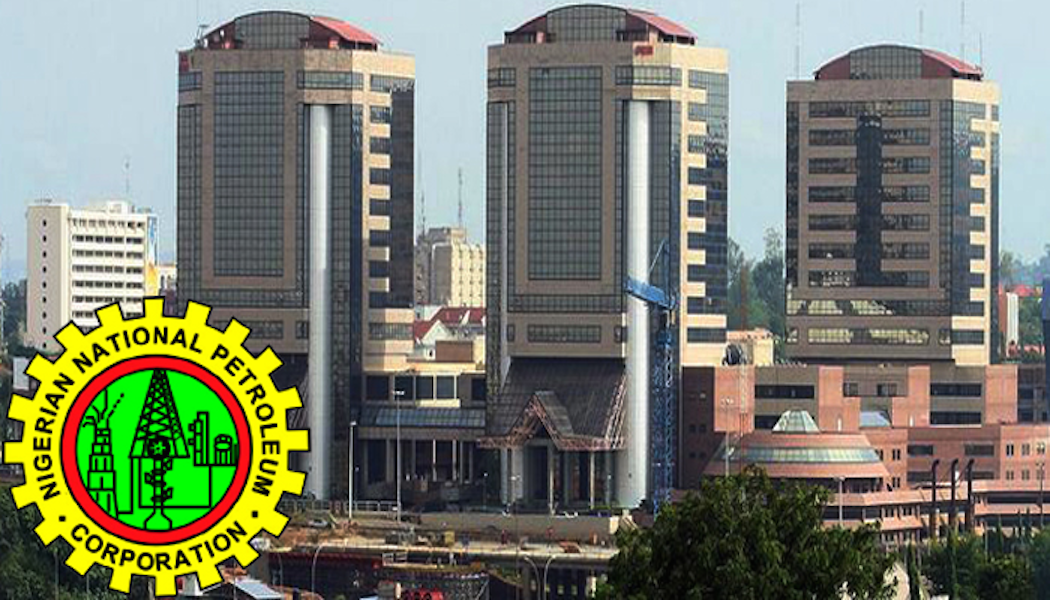The expansion of LNG Train-7 plant, a Nigerian Liquefied Natural Gas project, is anticipated to attract $10 billion in foreign direct investment in the next five years.
After a 12-year delay, the Nigerian Liquefied Natural Gas (NLNG) Limited will now go ahead with the expansion of its LNG capacity by an additional eight metric tonnes per annum (MTPA), the company advised.
NLNG, owned by four shareholders namely the federal government, represented by the Nigerian National Petroleum Corporation (NNPC) with 49%; Shell Gas, which has 25.6%; Total Gaz Electricite with 15% and Eni International with 10.4%.
Heightened interest in LNG stimulates Africa’s gas economy
The Shell-run NLNG said that it had selected a consortium comprising Italian firm Saipem, South Korean Daewoo Engineering, and Japanese Chiyoda to build its $7 billion Train-7 LNG expansion plant.
An additional $3 billion worth of investment on upstream gas development will be spent to meet the expected demands of the new capacity, the company stated.

The expansion of the LNG plant from 22MTPA to 30MTPA will be constructed by the consortium SCD, comprising of Saipem, Chiyoda and Daewoo.
Nigerian Liquefied Natural Gas positive about progress
Shortly before signing the Letter of Intent (LoI) with the consortium, the Managing Director of NLNG, Tony Attah, said the next step in the Train-7 expansion project would be to sign the Final Investment Decision (FID) by October, reported ThisDay.
According to him, the Train-7 project will take at least five years after the FID and will result in an increase in NLNG’s market share in the global LNG industry.
He also said it would raise the global profile of Nigeria as the fourth largest exporter of LNG in the world.
Attah said: “Today, we are here to progress another milestone by issuing a Letter of Intent to award the Engineering, Procurement and Construction (EPC) Contract for Train-7 project to the preferred bidder SCD JV Consortium. As we issue this Letter of Intent today, we will be even closer to signing of the FID.”
Attah continued: “Train-7 is our sure way to attaining that ambition with 35% increase in our production capacity, from 22MTPA to 30MTPA. We are working to achieve this project within four to five years after we sign the FID if we must stay competitive and profitable in the global market.
“Our greater joy is that Train-7 at construction phase will attract an investment of over $7 billion, boost Foreign Direct Investment (FDI) profile of the country and provide about 10,000 jobs during the construction stage,” he added.
According to ThisDay, he said the LoI was one of the key milestones to be achieved on the road to FID by its shareholders and that it showed commitment to realise the Train-7 project.
Attah assured the gathering that the process for picking the EPC contractor was transparent in full compliance with all applicable laws and good industry practices.
Similarly, the Chairman of the NLNG board, Dr Osobonye LongJohn, lauded the selection of the EPC contractor, saying the board will support it to build the plant.
LongJohn said: “Our determination to achieve Train-7 has been sustained and we can only continue to work towards actualising that objective. That is why we have gathered here to issue the Letter of Intent for the EPC contract.
“I commend the management and staff of Nigeria LNG for showing such resilience that has brought us all to this point in the planning towards realising Train-7. I assure every party involved in this project, especially the preferred consortium, of the unalloyed commitment of NLNG board of directors and the shareholders towards achieving Train-7 seamlessly as we live our vision of helping to build a better Nigeria.”
Job opportunities arise from Train-7 expansion
Also, the Executive Secretary of the Nigerian Content Development Management Board (NCDMB), Simbi Wabote, stated that the project would bring many job opportunities to Nigeria.
Wabote said: “The NLNG Train-7 will deliver 100% engineering of all non-cryogenic areas in-country. The total in-country engineering man-hours is set at 55%, which exceeds the minimum level stipulated in the NOGICD Act in line with our resolve to push beyond the boundary of limitations.”
According to Wabote, the fabrication scope will bring many of Nigeria’s fabrication yards into operation with over 70,000 tonnes of in-country fabrication covering condensate stabilisation units, tanks, pipe-racks, flare system, non-cryogenic vessels, and many other spools and fittings.
“The benefits extend to site civil works on roads, piling, and jetties, 100% local procurement of all LV and HV cables, non-cryogenic valves, protective paints and coatings, sacrificial anodes and many other direct procurements from our local manufacturing plants,” stated Wabote.
“Those in the service industry are not left out with the target to assemble over 70% of all non-cryogenic pumps and control valves in-country. Other spin-off opportunities include logistics, equipment leasing, insurance, hotels, office supplies, aviation, haulage, and many more. The target job numbers are very exciting. At its peak, the project will provide over 40,000 direct jobs and over 100,000 indirect and induce the employment of over 100,000 workers,” Wabote added.






